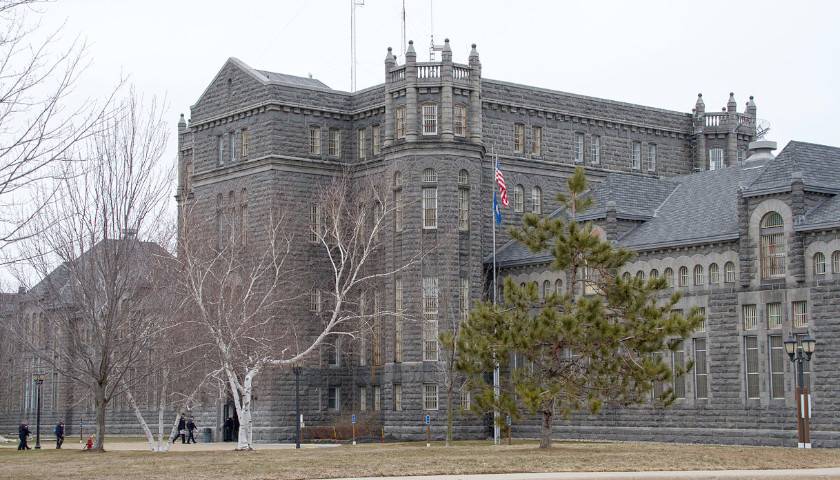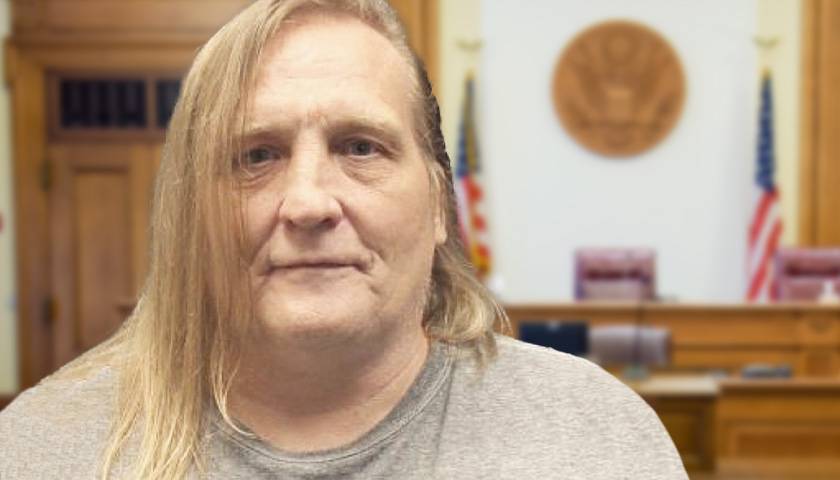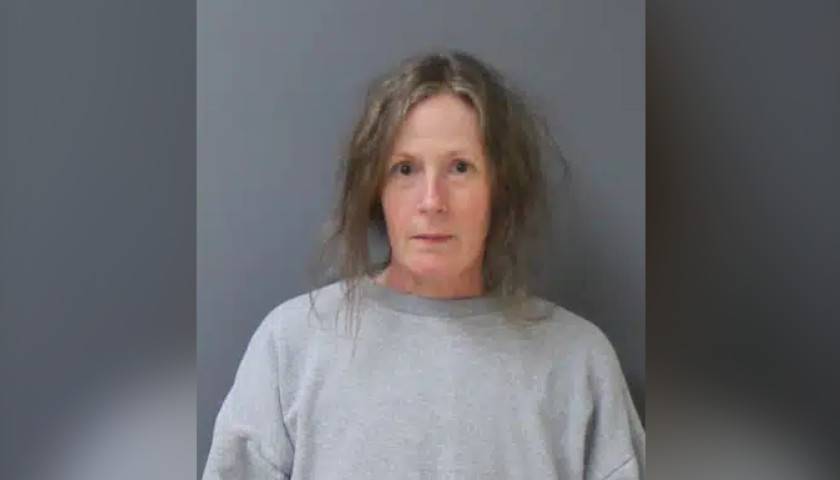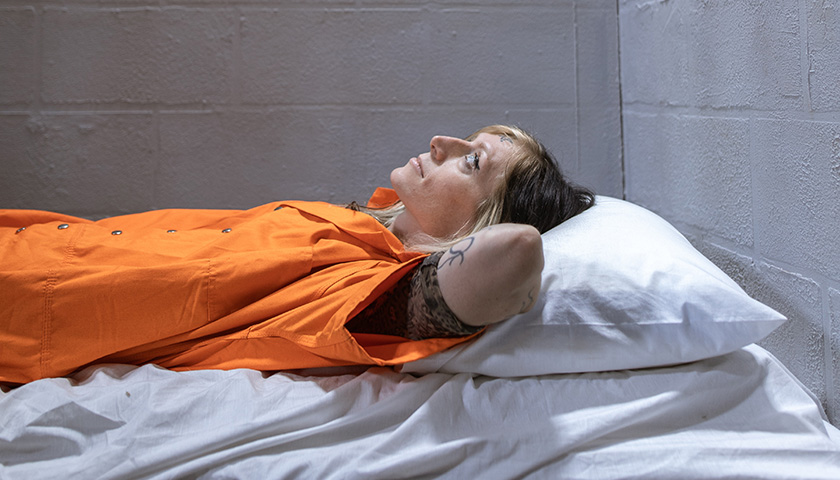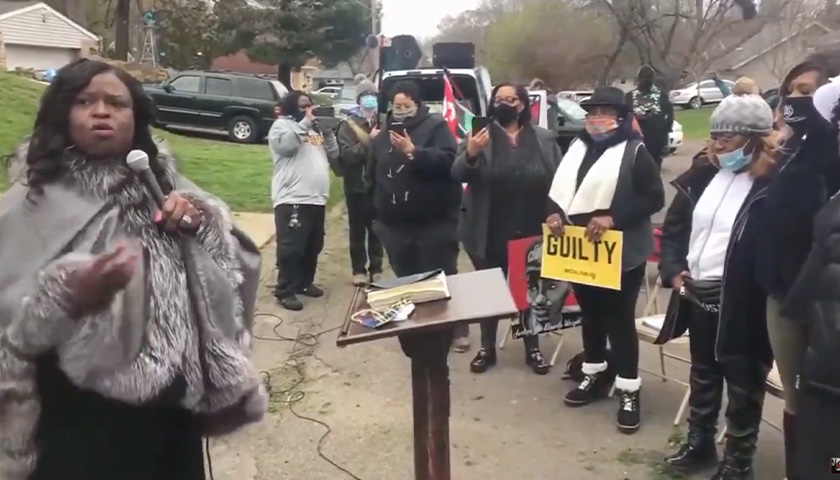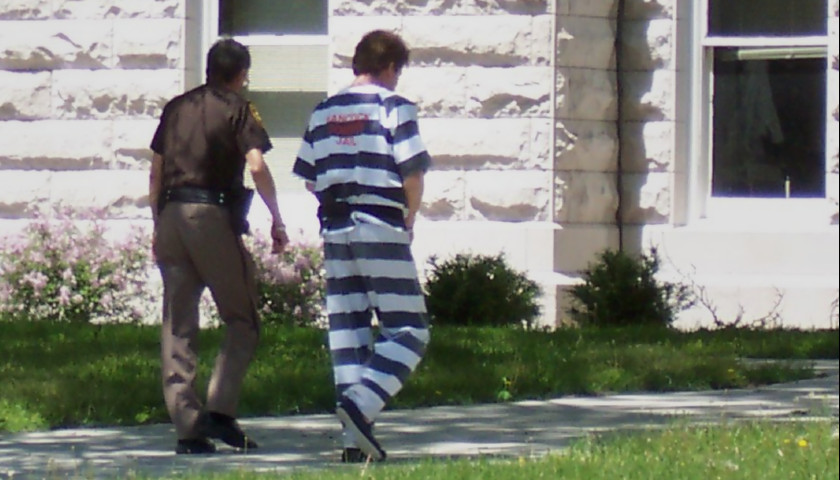A federal lawsuit filed Monday argues that the Minnesota Department of Corrections (DOC) violated the First Amendment when it abruptly canceled a Christian rehab program.
The voluntary program, called “Quest for Authentic Manhood,” was available to inmates at the Minnesota Correctional Facility–St. Cloud thanks to Anthony Schmitt, who taught the program over the course of a decade until it was canceled in 2023.
Read More
